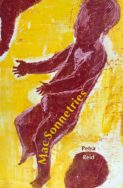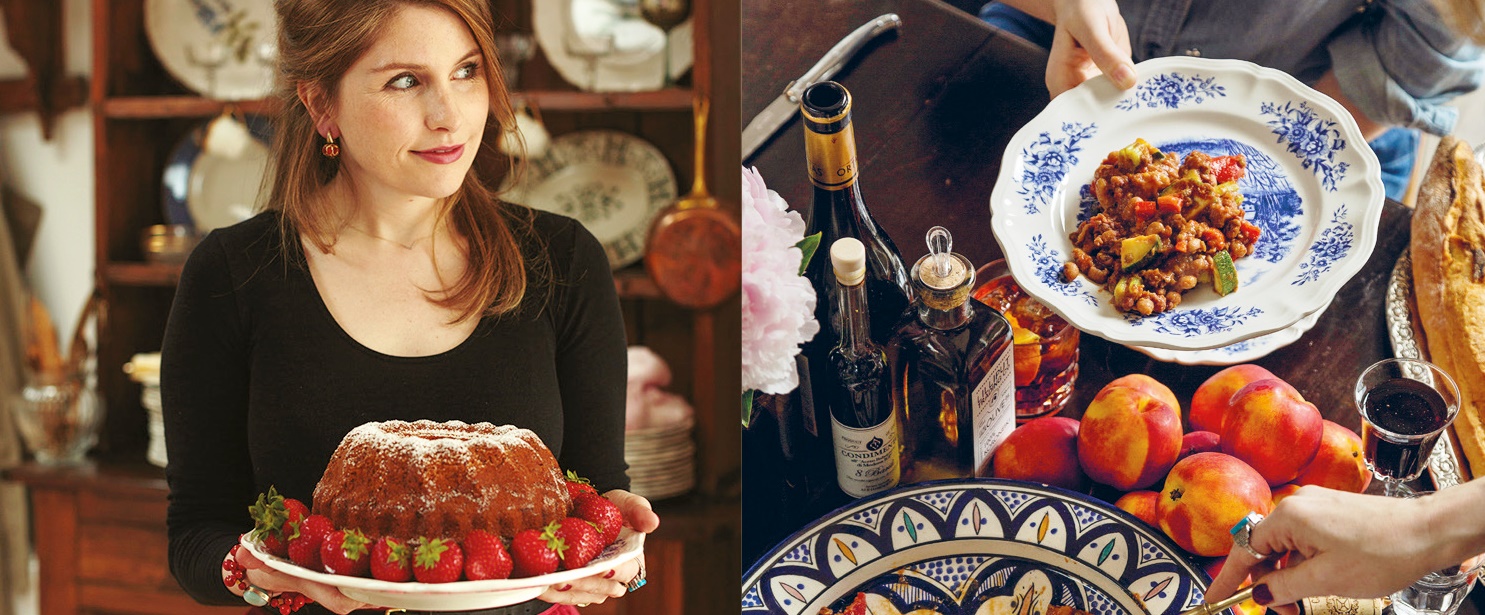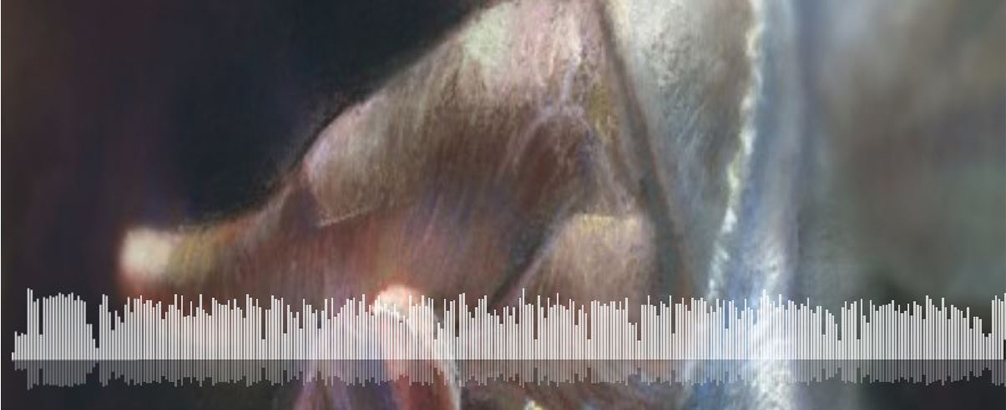‘The beginning, the ending, always rests on one word, one note. Love.’
MacSonnetries by Petra Reid is a collection of 154 sonnets. With each taking inspiration from one of Shakespeare’s sonnets, the result is a post-modern, and often post-human, response to the work of the great bard. Sometimes shocking, the sonnets explore our contemporary world at social, political, cultural, and ideological levels.
Extract from MacSonnetries: The Buds of May Be
By Petra Reid
Published by Scotland Street Press
The Beginning was not Hard to Find
From fairest creatures we desire increase,
That thereby beauty’s rose might never die,
But as the riper should by time decease
His tender heir might bear his memory:
But thou, contracted to thine own bright eyes,
Feed’st thy light’s flame with self-substantial fuel,
Making a famine where abundance lies,
Thyself thy foe, to thy sweet self too cruel:
That thou art now the world’s fresh ornament
And only herald to the gaudy spring,
Within in thy own bud buriest thy content,
And, tender churl, mak’st waste in niggarding:
Pity the world, or else this glutton be,
To eat the world’s due, by the grave and thee.
R1.
Twenty-first creatures desiring increase
freeze their breeds, lest they turn tardy, or die;
bacterium you halted from decease
brings the self perfect future memory.
(She’ll be my double but with bigger eyes;
Amazon’s shipping five star ahem, fuel;
ne plus ultra’s where man’s future lies,
lending random sperm an ovum’s plain cruel.)
What price hard labour for world’s ornament,
how to digitalise mum’s gaudy spring?
I’m streaming my sweet uterine content:
Facebook foetuses rock – quit niggarding!
Guys! You can preview mini me-to-be
on nordicdads.com – like my wee thee!
There is a theory that Shakespeare was commissioned to write the first eighteen sonnets in his 154 sonnet cycle as a means of encouraging a young nobleman to marry. These “Reproduction” sonnets were my first encounter with that opus, and the eugenic nature of Sonnet 1 is very much of the scientific moment. What also struck me was how any prospective bearer of the noble seed in question had no representation in Shakespeare’s vision of birth inheritance – this is unsurprising, but ripe for reconsideration!
All of Shakespeare’s 154 sonnets have been answered with a voice responding to the dynamic of human relationships in our present and future of hyper-connectivity and Artificial Intelligence. Inspired by The Golden Shovel method (invented by American poet Terrance Hayes), I used some Silver Shears to detach line endings of each Shakespeare sonnet and transpose them onto a corresponding “R”, or “Response”, sonnet. Responses R1 through to R154 address DNA to badly behaved hen parties to co-opting the “Dark Lady” sequence for an exploration of bereavement and Mary Queen of Scots’ real legacy!
On his death, Robert Burns owned two complete collections of Shakespeare’s works. Two of the sonnet responses are translated into Scots, while the remainder play between colloquialism, arch rejoinder and vulgar humour. Burns’ “Merry Muses of Caledonia” was initially only for private circulation, as were Shakespeare’s sonnets (gate-crashing the lad parties was fun, both north and south of the border); there are some scant and highly subjective notes throughout alluding, not only to my own preoccupations, but to a broader picture of the personal/political situation we’re in just now. For example:
R60.
Birds on the game wave from 50+ shore,
we seniors who’d hoped for respectful end;
transpires we have to die quickly before
butchered pensions are all WASPI’S* contend;
nothings are our equity, slits of light;
Liz, ER I, the virgin queen as crowned,
beheaded her cousin—what a cat fight!
So let us male-hearted cougars confound
theft of contributions made in our youth;
no dead lead foundation but Botox’d brow;
young men seem to prefer us, in all truth,
altho’ the lady garden’s scant to mow**.
Byee! chaste life from bare shores where we stand;
tide’s rolling in on the State’s helping hand.
* Women Against State Pension Inequality
** See Nae Hair On’t by Robert Burns.
R154. Finis. Obvious. But it led to another beginning for me: how to translate the “R’s” into performance? There’s a flautist, who tells me that his playing style is influenced by the Celtic accent. For the launch event of the collection, we’ll be exploring this, playing it out with spoken voice. The beginning, the ending, always rests on one word, one note. Love.
 Out on February 7 in time for Valentine’s Day, MacSonnetries will be published by Scotland Street Press priced £9.99.
Out on February 7 in time for Valentine’s Day, MacSonnetries will be published by Scotland Street Press priced £9.99.
MacSonnetries launches at Blackwell’s in Edinburgh on February 7; book your free ticket here.
ALSO IN THIS ISSUE

 Artful Eating with Karina Melvin
Artful Eating with Karina Melvin
‘Lasting weight loss is not about what you eat. It’s about why and how you eat.’

 Freethinker’s Footsteps Podcast
Freethinker’s Footsteps Podcast
An audio exploration of the widespread political and religious conflict in Scotland in the seventeen …












